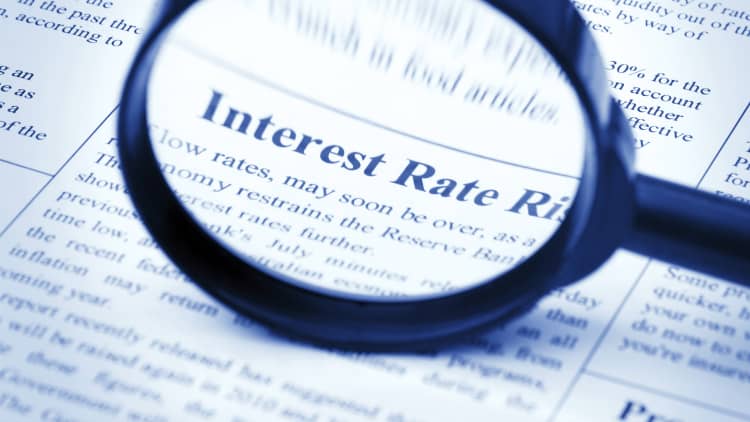
Bond guru Bill Gross believes the Federal Reserve will raise interest rates once this year, but only because it needs to prove that it can.
The Janus Global Unconstrained Bond Fund manager contended Tuesday that the Fed should move from near-zero interest rates to show that the U.S. economy can function without the extra boost.
"They need to show that the economy in the United States and elsewhere can exist and can prosper with interest rates not at zero," he said in a CNBC "Power Lunch" interview.
His comments followed prepared remarks from Fed Vice Chairman Stanley Fischer, in which he said the Fed's policy-making committee would consider rate hikes in upcoming meetings. Gross noted there was "not much difference" in the sentiment from the Fed's recent dovish tones.
Read MoreFed's Fischer: Will consider rate hikes soon
He also expanded on why the Fed would have a difficult time upholding market liquidity during a crisis, which he initially outlined Tuesday morning in his monthly note to investors. While the U.S. central bank became a "buyer of last resort" during the last financial crisis, it will not have the same leverage in a future "panic situation" due to regulations enacted since, Gross said.
"The market is depending on itself for future liquidity," he said.
He believes markets will have a rough time maintaining that liquidity. Gross said "butterfly wings," including Chinese markets and the fallout from the Greek debt crisis, have the potential to "disrupt" global markets.
Read MoreBill Gross: Here's what could trigger a 'run on the shadow banks'
He questioned liquidity in "shadow banking" systems, which include mutual funds, exchange-traded funds and private equity, among other institutions that lack government backing. Gross noted that levered ETFs that deal with high-yield bonds or bank loans are most vulnerable to liquidity leaving the markets.


